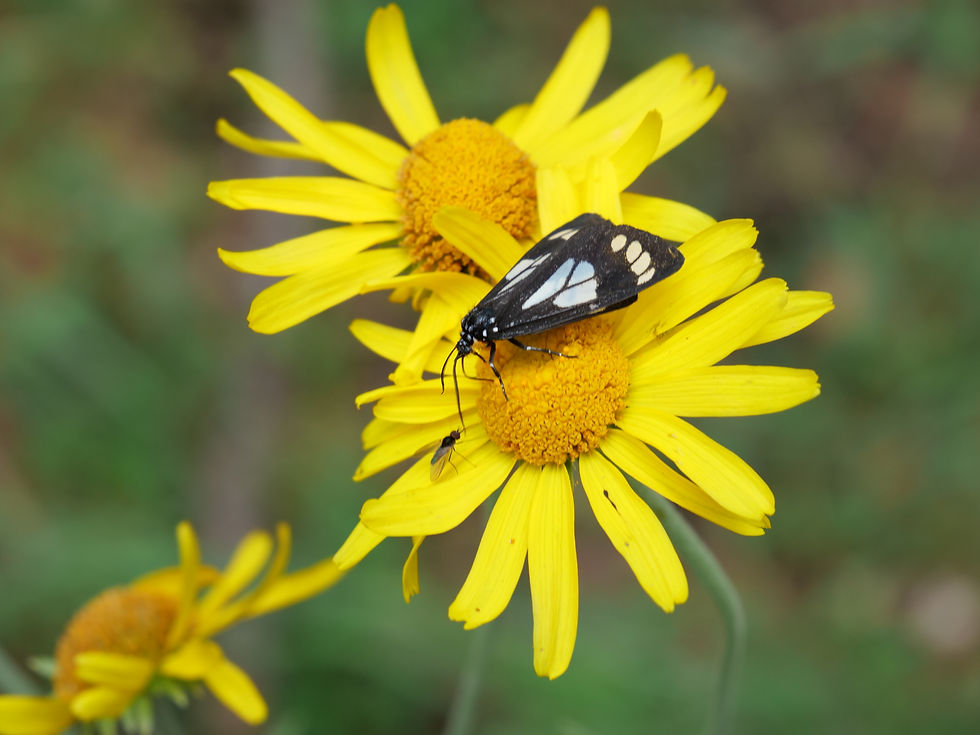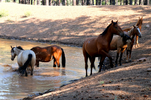Monarch Butterfly
Danaus plexippus
Endangered

Look near wildflower meadows
The monarch butterfly (Danaus plexippus) is a migratory butterfly widely recognized by its vibrant orange wings with black veins and white spots along the edges. Native to North America, monarchs rely on milkweed plants for laying eggs and as a food source for their caterpillars, while adults feed on nectar from a variety of flowering plants. Renowned for their incredible long-distance migration, monarchs travel thousands of miles between breeding grounds in the United States and overwintering sites in Mexico. As pollinators and indicators of ecosystem health, monarch butterflies play an essential role in supporting plant reproduction and maintaining biodiversity, while their dramatic migrations captivate observers across Arizona and beyond.
Insect

Identification & Behavior
Key Features: Orange wings with black veins and white spots
Size: 3–4 in wingspan
Behavior: Migrates seasonally; lays eggs on milkweed
Diet: Nectar from flowers
Activity Pattern: Diurnal
Habitat & Distribution
Found statewide during migration, in meadows, open woodlands, and gardens, including the Verde Valley and Sky Island regions.
Elevation Range: 5,000–8,500 ft
Seasonal Presence: Spring–Fall
Risks & Management
Do not handle; delicate wings



































